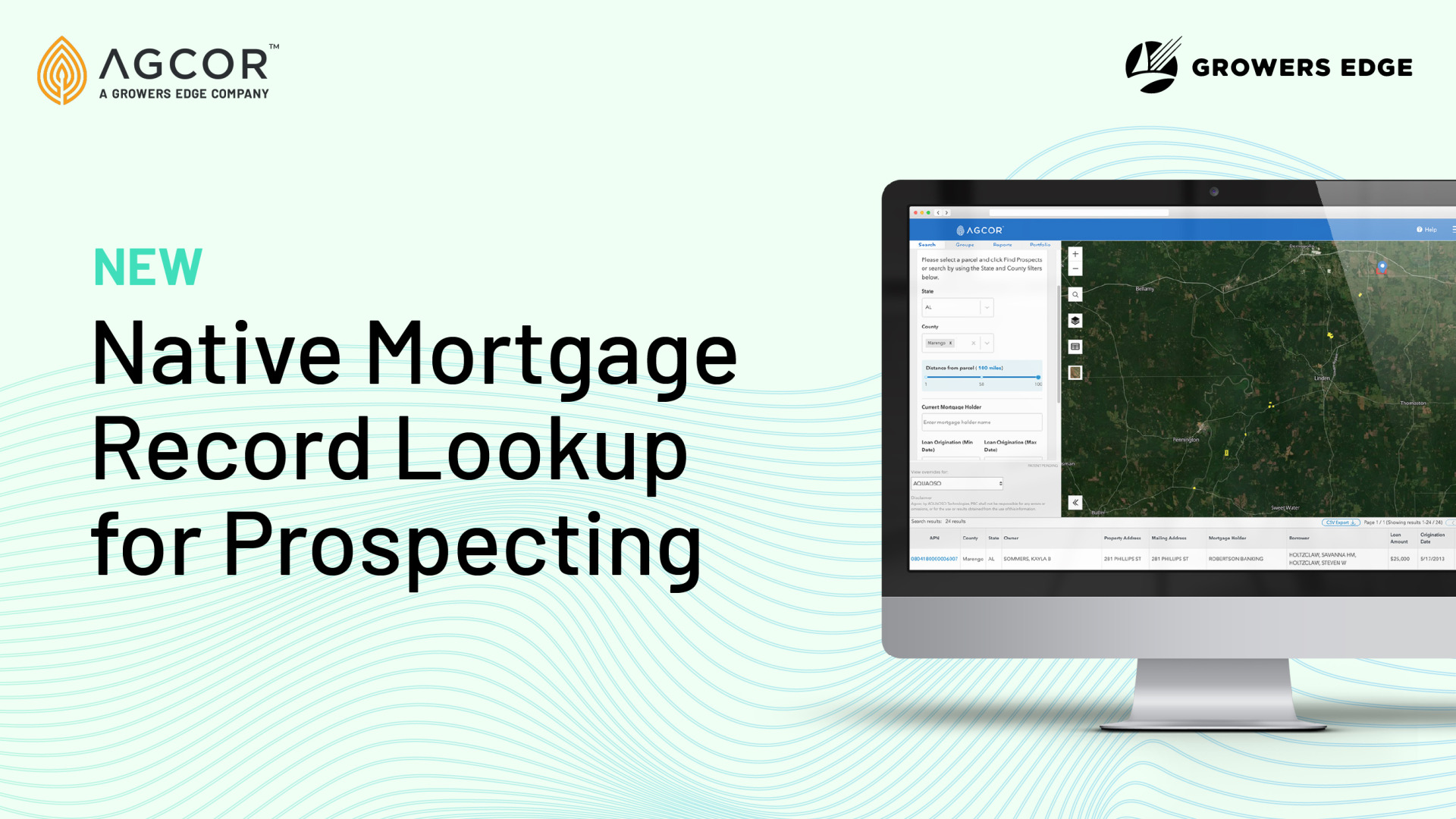
Since the start of the Big Data age, we’ve come to accept a kind of truism of data: more data + better data = better products.
We acquired FarmTest this summer with that formula in mind: with FarmTest’s capabilities on board, we can accumulate more and better data about how crop inputs work in real life and use that to create better and better financial products that fuel a sustainable future for the nation’s farmers (both financially and otherwise.)
That’s the long-term vision. In the short term, FarmTest’s technology will improve the Crop Plan Warranty product so many retailers rely on to get promising new crop inputs into farmers’ hands and fields with less risk. With more data, retailers will be able to provide farmers with even greater confidence about new inputs.
Here, we’ll look at the short-term benefits FarmTest brings to the Crop Plan Warranty you already know and love as well as the ways the acquisition will shape agrifintech in the months and years ahead.
Background: What Is FarmTest?
FarmTest is an automated performance testing platform for commercial farms. Its software makes it easy for commercial farmers to run on-farm trials with the equipment they already have.
As a standalone company, FarmTest primarily worked with ag input manufacturers, university researchers, crop consultants, and growers. The process works like this:
- Customers design a field trial on the FarmTest website (product to test, test rates, percentage of field with test plots or strips, etc.).
- They download a shapefile of a variable-rate prescription of the test plots or strips.
- They load the file into their equipment, along with the product being tested.
- The farm machine plants or applies the product in the field, changing the rates to execute the trial based on the GPS coordinates and the variable-rate script.
- At harvest, farmers send yield data and as-applied or as-planted data (gathered by their equipment) to FarmTest, which creates a performance report.
The outcome: farmers can understand with greater precision than is possible with strip tests how various products perform on their fields.
That has big implications for yield warranty products like Crop Plan Warranty.
Short Term: More Accurate Field Tests and Greater Purchase Confidence
One tool growing in popularity among savvy ag retailers is the yield warranty. By distributing risk associated with trying new products between the farmer and the retailer, it helps retailers drive product adoption, gain wallet share, and grow revenue.
Even with a yield warranty in place, though, many farmers prefer to field test new products. For many, that means doing a strip test.
A strip test in an 80-acre field with typical yield variability tends to produce a confidence interval of +/- 20 percent. If the average yield is 200 bushels per acre and a product promises per-acre performance improvement of 10 or even four bushels per acre, a strip test doesn’t offer high enough precision to determine whether a given product had the promised impact.
Weather conditions, varying field elevations, and other confounding factors can muddy the data, which can leave farmers with less confidence than they need to make future buying decisions.
This is where FarmTest’s technology comes in. With more accurate tests and measurements, farmers can make input purchase decisions that drive revenue growth with greater confidence.
This is good for everyone in the system:
- Farmers enjoy better crop performance and greater revenue opportunities.
- Retailers win loyalty from happy customers.
- Manufacturers can provide more accurate performance expectations and more confidently use yield warranties to move their products.
Even better: the increasing amounts of high-precision on-farm performance data will have long-term impacts on other agricultural financing products.
Long Term: Smarter, More Accessible Agricultural Financing
So how can more accurate field tests lead to more accessible mortgages down the road?
Today’s farmers are innovating and adapting to changing circumstances (including shifting weather patterns, consumer tastes, and governmental priorities) at an unprecedented pace.
At the same time, most lending products are built on historic data. When lenders don’t have enough data to assess the risk of a given operation, they withhold funds. Or they might offer a financial product that is unsuited to the kind of work farmers are doing.
Take those who want to convert to certified organic farming, for example. The conversion process typically takes about three years, but most lending products require initial repayments within 12 months. That makes it nearly impossible for farmers to make the transition, especially given that revenues can actually decrease during transition years.
With better data about timelines and expected yields, lenders could more confidently assess risk and create products to suit various “non-conventional” types of farming.
This applies not just to large loans like mortgages but also to smaller loans like input financing and operating lines. With better data, finance partners can offer more targeted products with lower risk profiles; lower risk means the products are less expensive to offer, which means farmers can enjoy lower costs and better access to capital.
And as more farmers get access to capital, we’ll get even more data about what works where, thus creating a data flywheel that powers agrifintech for years to come.
With Better Data, We Can Finance a Sustainable Future for Agriculture
Adapting to the future of agriculture will require new crop inputs, new farming techniques, and constant adjustment to ever-changing circumstances (both in the natural world and governmental policy).
Farmers understand this. But there’s risk in change, and farmers can’t be expected to sacrifice short-term revenue as they embrace practices and products that position them to succeed in the long term.
This is where ecosystem partners come in. With better data, we can design better products and offerings that create more certainty about outcomes and therefore more confidence as farmers choose how to pivot amid changing circumstances.
We’re delighted that our acquisition of FarmTest accelerates us down that path.








